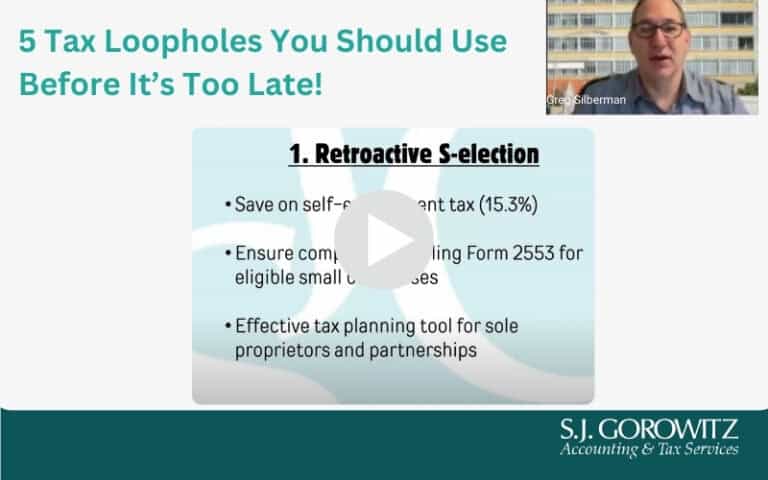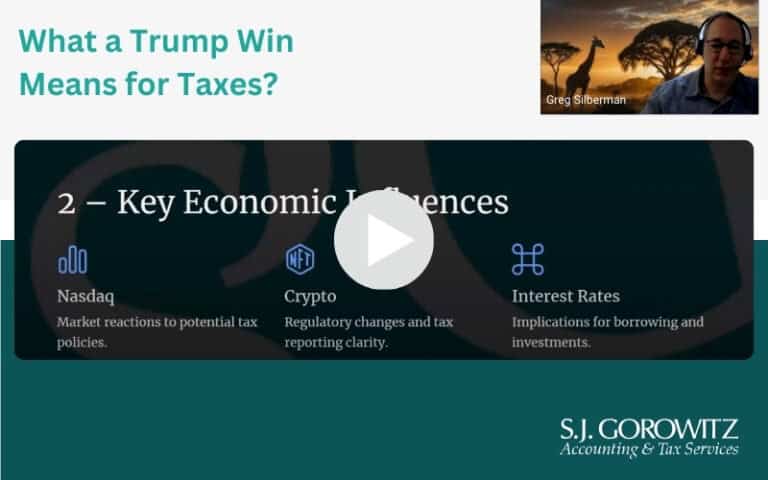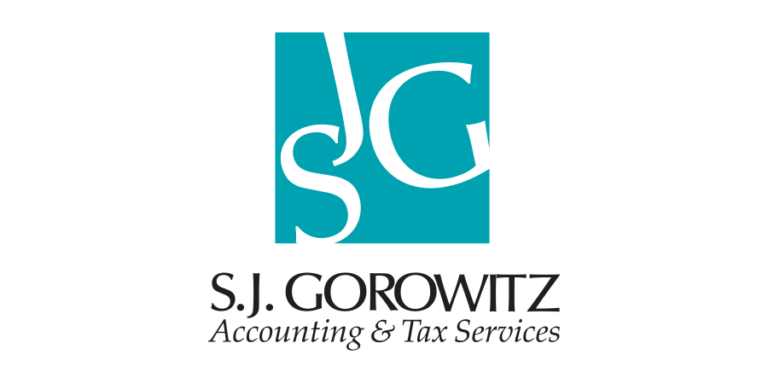
Thirty days after this year’s July 15 income tax filing deadline the IRS began issuing automatically generated notices of past due balances including penalties and interest. The practice of distributing these notices is not new for the IRS – they send these to delinquent taxpayers every year – but what is new this year is the impact of COVID-19 on the IRS’ ability to process your tax filings.
According to an IRS notification dated August 13, “certain services such as live assistance telephone support, processing of paper tax returns and response to correspondence continue to be extremely limited.” Basically, they aren’t opening their mail because no one is home.
Businesses and individuals who sent a check along with the payment stub via U.S. Mail are starting to receive these erroneous and frightening notices simply because the IRS hasn’t processed their payment. Worse yet, these same taxpayers are finding that when they attempt to call the IRS to discuss their issue, there is literally no one available at the IRS to answer the phone, accept their call or resolve their matter. Almost daily we’re hearing from taxpayers who are uncertain about how best to proceed.
The implications of this delayed mail processing are not limited to 2019 returns as lack of services extends to a delay in processing of amended returns as well as anything requiring review – whether submitted digitally or via U.S. Mail. We recently aided a client in the amendment of a prior year return which resulted in a credit that should have been applied to their 2019 return, but once again, because the IRS isn’t opening their mail, things didn’t go as planned and the refund was returned to the client along with a delinquent notice for this year’s obligation.
Here’s the Good News:
- When the IRS does start opening your mail again, any payments will be posted as the date IRS received them rather than the date the agency processed them.
- To avoid penalties and interest, taxpayers should not cancel their checks and should ensure funds continue to be available so the IRS can process them.
- To provide fair and equitable treatment, the IRS is providing relief from bad check penalties for dishonored checks the agency received between March 1 and July 15 due to delays in IRS processing. However, interest and penalties may still apply.
We recognize this is scary stuff for clients and others and hope to calm your fears with this explanation of what is happening at the IRS. We recommend that you immediately forward any notices to your tax advisor and seek their assistance in resolving your issue. It is the role of your tax professional to help separate you from these frustrations and seek to resolve them as quickly and painlessly as possible. Just know that even with their help, resolution will be slow for the foreseeable future.
























